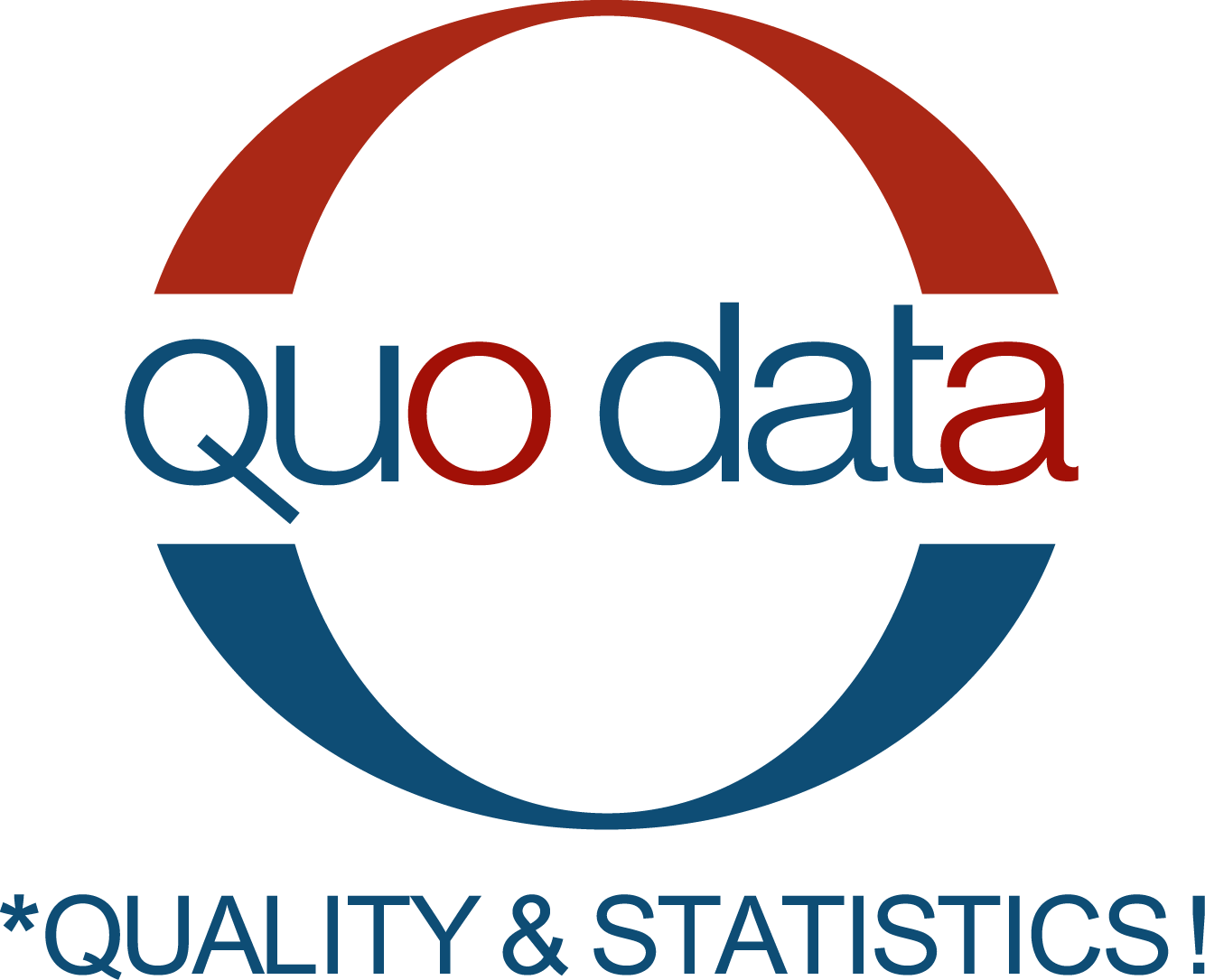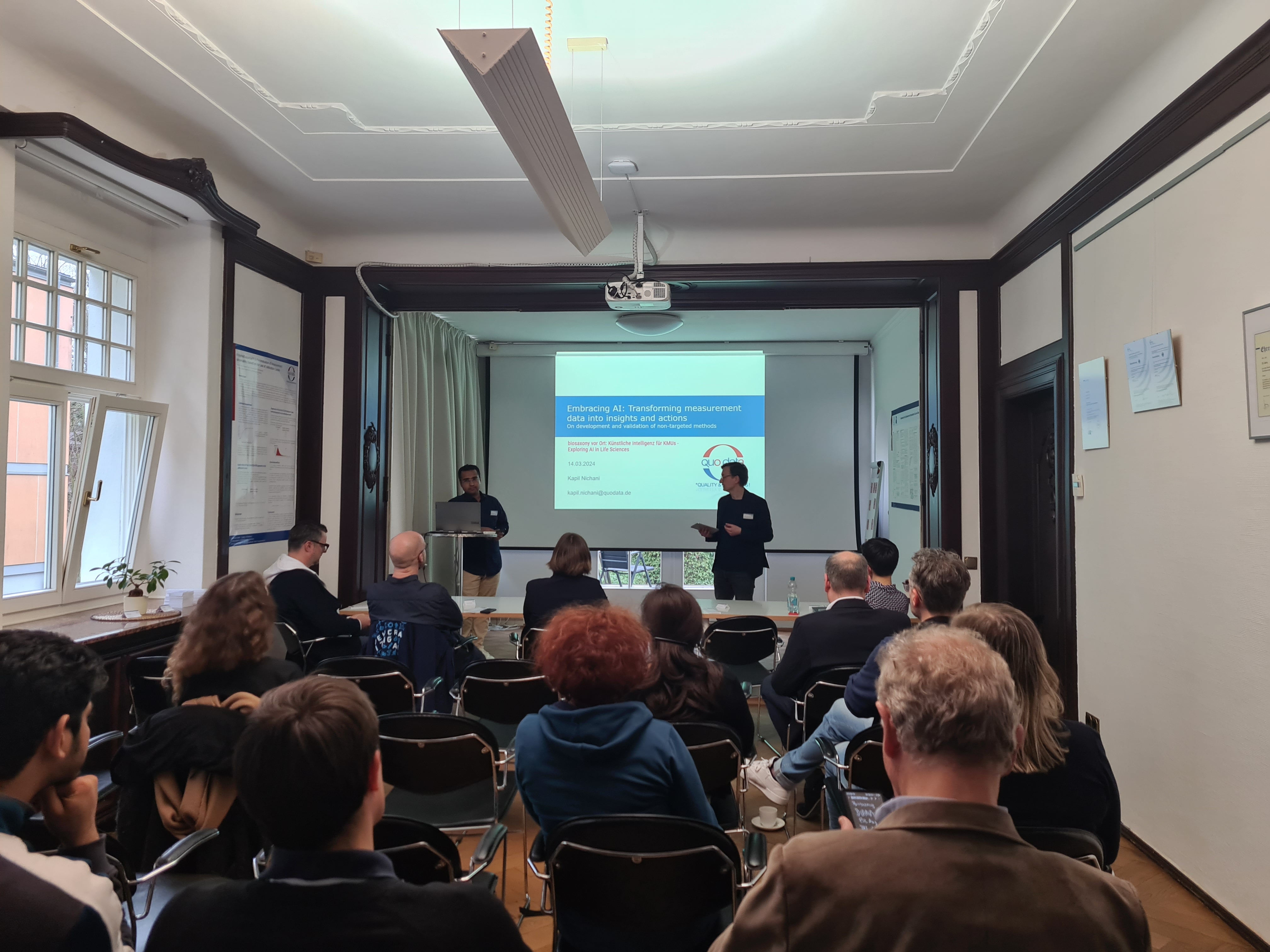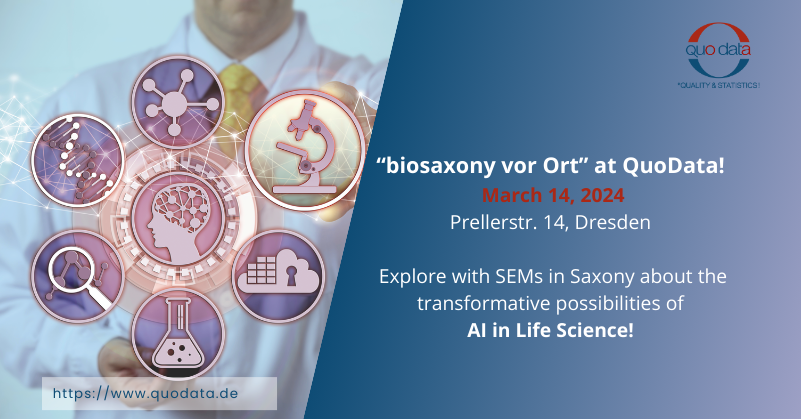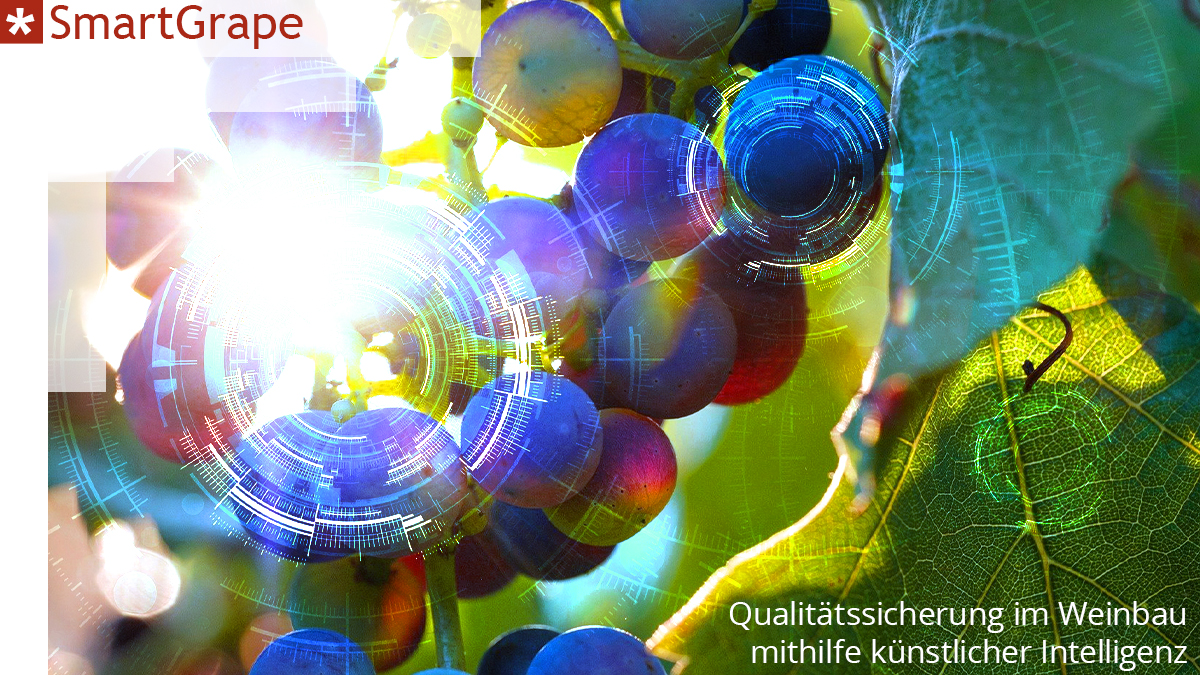Artificial Intelligence for Quality Assurance
The "biosaxony vor Ort – AI for SMEs" event held on March 14, 2024, at the QuoData headquarters, was a resounding success. Filled with vibrant energy from enthusiastic participants and insights shared by esteemed speakers, it was an enriching experience.
The event kicked off with a brief opening by Conny Lerche, followed by Anja Rösler's introduction to biosaxony and its current initiatives. Continuing the program, QuoData’s Senior Data Scientist, Kapil Nichani, delved into "Embracing AI: Transforming measurement data into insights and actions".
Exploring AI in Life Sciences: QuoData hosts "biosaxony vor Ort"
QuoData is honored and excited to take the lead in hosting the upcoming "biosaxony vor Ort" event on March 14, 2024, from 4 pm to 6:25 pm at our headquarters on Prellerstrasse 14.
- SmartGrape - AI-based MIR measuring system for determining quality in viticulture With the „SmartGrape“ project, QuoData and the partner institutes aim to analyze the quality determining characteristics of grapes by combining a miniaturized infrared spectrometer with an artificial intelligence (AI) approach.
- The symposium "Data Science / Labor 4.0 – die digitale Transformation" organized by the German Federal Office of Consumer Protection and Food Safety (Bundesamt für Verbraucherschutz und Lebensmittelsicherheit, BVL) took place on 6th October 2020. This year’s BVL symposium was organized in a hybrid online format.
The novel coronavirus has directly or indirectly affected everyone’s lives forcing people to embrace a new normal. Many experts predict that the pandemic is likely to have a continued impact, far beyond the ongoing distancing restrictions. Moving forward, QuoData believes that adapting and tweaking everyone’s personal and business decision-making process, by factoring different socio-economic aspects is the key.
In their ongoing work, QuoData's scientists are pleased to share some of the recent developments in their latest paper - "AI-based identification of grain cultivars via non-target mass spectrometry". The paper deals with the use of non-target high-resolution mass spectrometry and the processing of the extensive data using artificial intelligence approaches.
The range of human activity directly or indirectly involved in addressing issues related to food safety has considerably expanded in the last decade. In the past, the focus in food safety lay on quality control measures implemented to ensure productive processes met performance criteria. Nowadays, however, a narrow understanding of the issues surrounding food safety will compromise our ability to fully mobilize the potential of new digital and AI technologies.
Artificial intelligence methods are now seeping into healthcare, medicine, agriculture and food sectors. Keeping the buzz aside, such methods are increasingly efficient at addressing a task at hand. The area of food safety is not unknown to these technological developments in big data and contemporary machine learning methods. For example, use of AI as part of analytical measurement procedures, internet of things (IoT) enabled analytical devices, use of predictive analytics algorithms for crunching large data sets, to list a few.
The Eurachem Week 2018 took place from 14 - 18 May 2018. As a developer of mathematical-statistical concepts for quality assurance QuoData contributed to the event. Its data scientists and Carsten Uhlig of Akees GmbH presented a new approach to detect food fraud more quickly at the "Workshop on Data - Quality, Analysis and Integrity”, which was developed in cooperation with the Federal Office for Consumer Protection and Food Safety (BVL).



